Water for food - setting the agenda for sustainable agricultural water management
- Cranfield research provided the first national-scale assessment of the actual water demands of agriculture alongside the financial benefits from using irrigation
- The research findings and tools have been an important driver for action on water sustainability across agriculture, in both the public and private sectors
- The work informed new policies by the UK’s Department for Environment, Food and Rural Affairs (Defra) and the Environment Agency

Water supplies for agriculture around the world are under serious threat from climate change, changes in land use and increased demand from other sectors. At the same time, there are growing populations and increasing demand for fresh produce requiring more water to produce high quality food for a healthy diet.
Work by Cranfield to better understand the current and future water demands of agriculture has informed the making of new policies by the UK’s Department for Environment, Food and Rural Affairs (Defra) and the Environment Agency, and provided the basis for all strategic water demand forecasts for agriculture by UK water regulatory authorities over the last two decades.
The new insights are also being used by the global agri-food sector — including fresh produce retailers — to make the sector more sustainable and resilient.
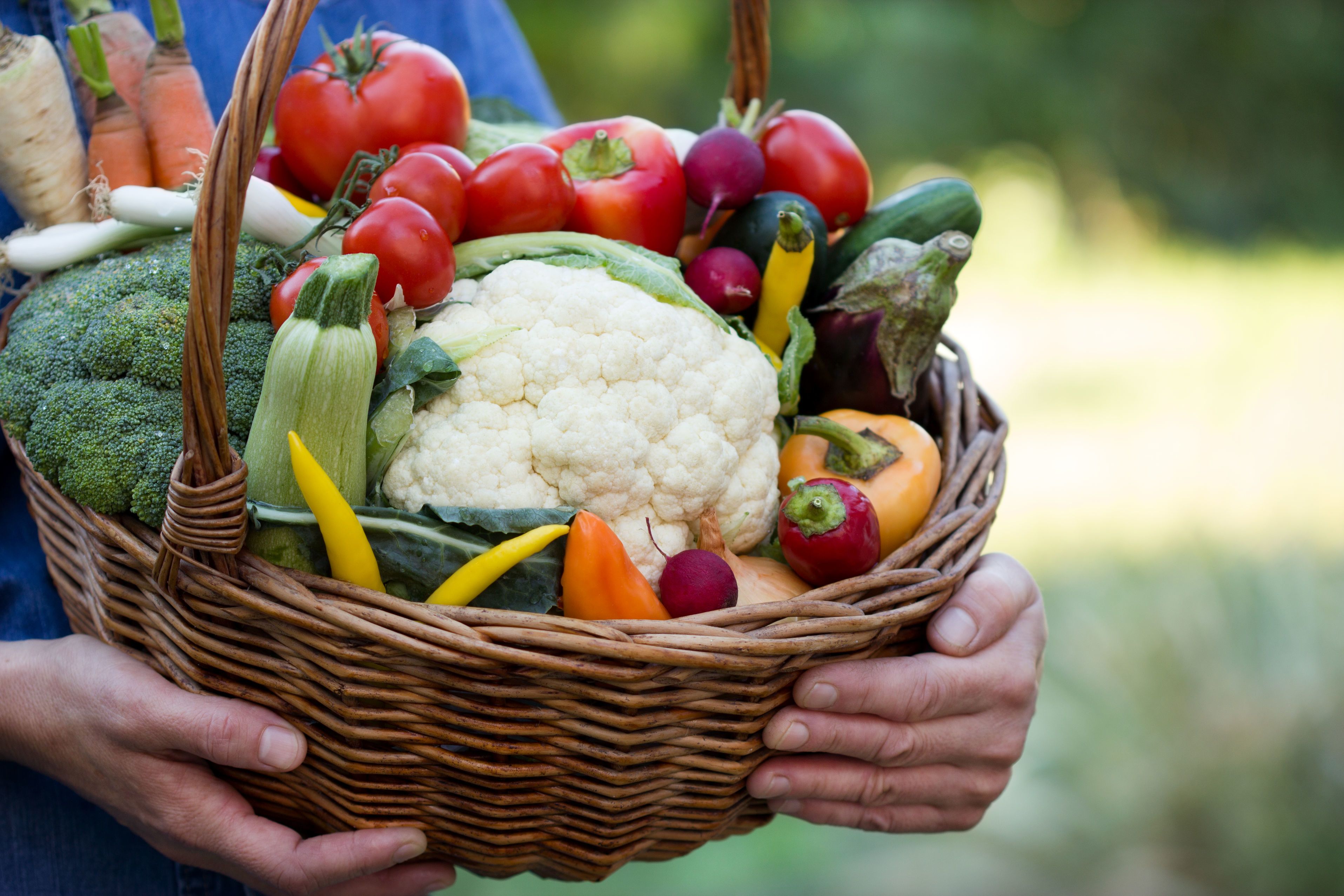
Work by Cranfield informed the making of new policies by the UK’s Department for Environment, Food and Rural Affairs (Defra) and the Environment Agency.

The real value of irrigation
Cranfield research provided the first national-scale assessment of the actual water demands of agriculture alongside the financial benefits from using irrigation (versus the damage to crops from water shortage and/or drought).
This meant looking at the full picture and factors involved: the movement, distribution and management of water; variations in types of soil and their effects; differences in land use and farming practices; and the actual water needs for different crops. The work made use of hi-resolution satellite imagery of landscapes and took into account the impact from variations in weather to make estimates of water demand more reliable.
Simulations were developed to model and map the potential impacts of climate change (based on evidence from the UK Climate Impacts Programme), and what drought would mean in terms of impacts on water use, crop quality and yields.
Critically, for agri-food business planning and policy, the work combined this data with an assessment of the implications of drought (and limits on irrigation) on crop prices and financial returns.
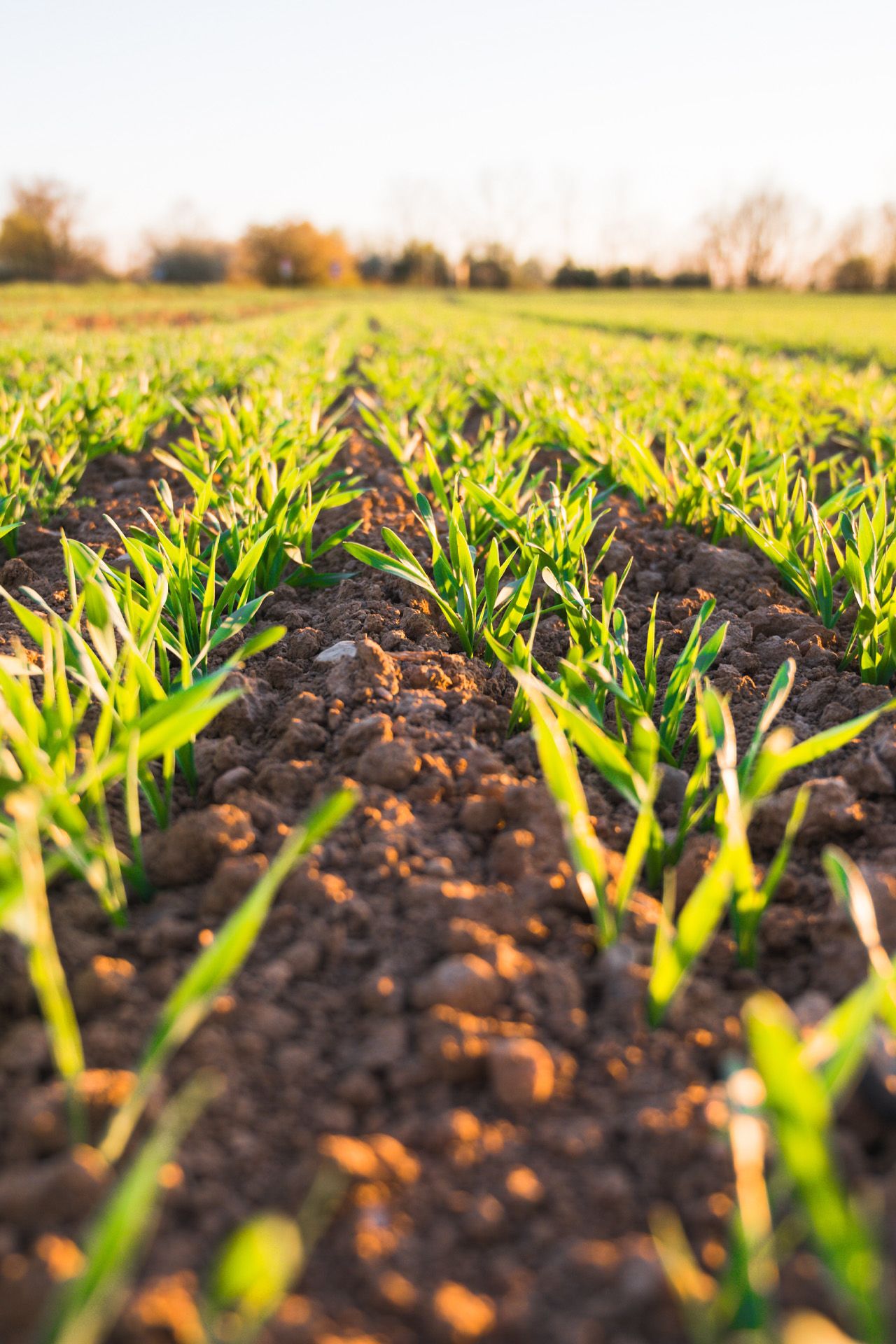
Simulations were developed to model and map the potential impacts of climate change and what drought would mean in terms of impacts on water use, crop quality and yields.
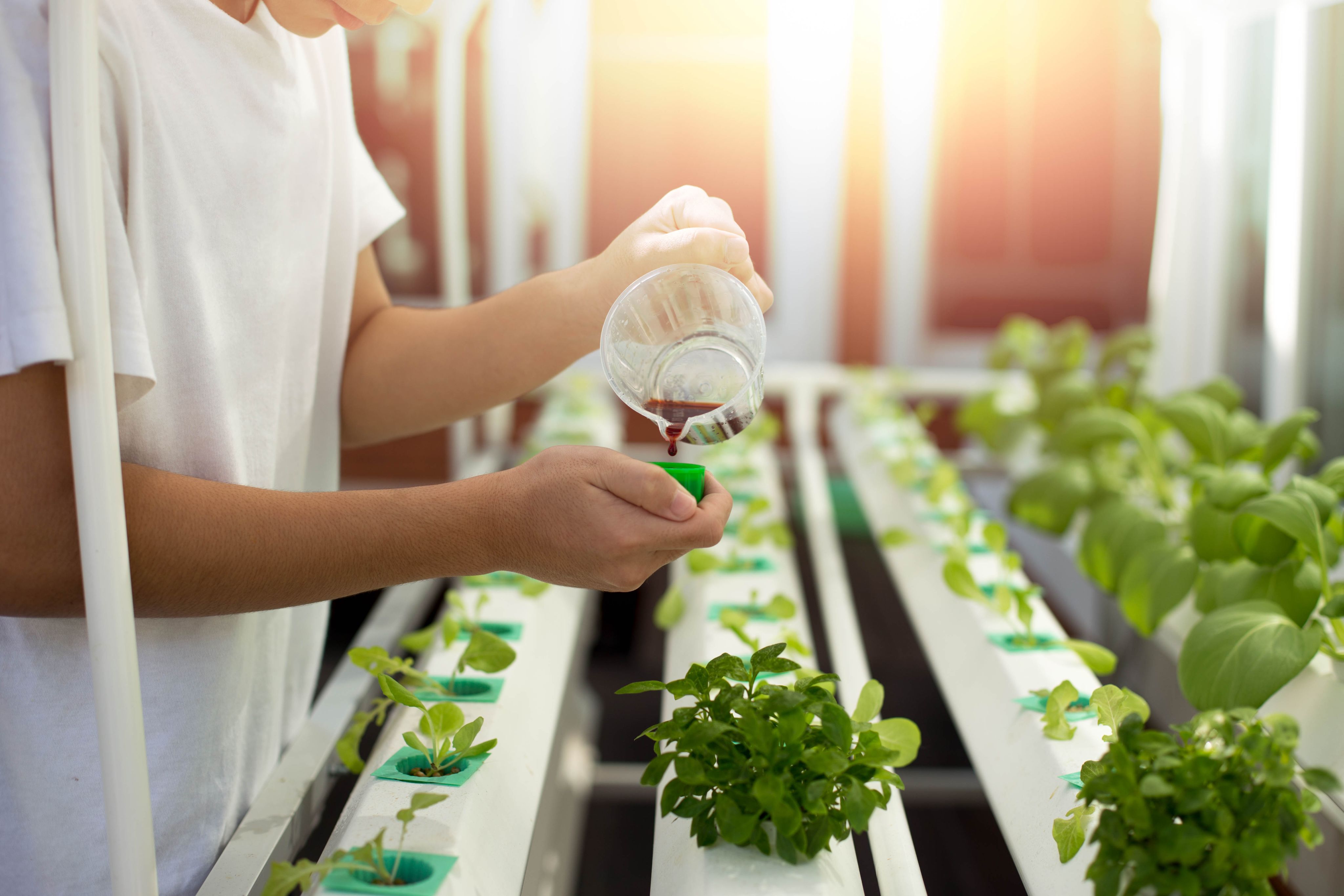
Farm-level resilience
The Cranfield team went on to work with individual farms as part of the NERC Droughts and Water Scarcity Programme (2015 to 2019). The models were used to evaluate farm-scale strategies to improve planning and business decision-making around water use and improved drought resilience. This included the creation of a webtool to help make informed investments into new irrigation and water resources infrastructure, taking into account risks of drought along with future changes in licenses for ‘abstraction’ (drawing on water from rivers and groundwater). The abstraction legislation was introduced in April 2022.
Researchers also investigated the ‘water footprints’ of the consumers of fresh produce, and how choices have their own impacts on water use (as well as greenhouse gas emissions).
Building sustainable water use
The research has been used to inform and underpin changes to the UK government’s national water policy, Meeting our future water needs: a national framework for water resources (2020).
The package of research findings and tools have been an important driver for action on water sustainability across agriculture, in both the public and private sectors: meaning new strategies, planning and practical steps to anticipate the effects of climate change and help create a more resilient industry.
Close collaboration has been key. This has included the major government agencies and departments (Defra, Environment Agency, Natural England, Scottish Environment Protection Agency, National Resources Wales); with the private sector and agricultural levy board (AHDB); non-governmental collaborators (National Farmers Union, UK Irrigation Association, Royal Horticultural Society); major supermarket retailers; and, environmental stakeholders (Rivers Trusts, Royal Society for the Protection of Birds and WWF-UK).
Examples of impact include:
• the research being used as evidence to inform and underpin changes to the UK government’s national water policy, Meeting our future water needs: a national framework for water resources (2020);
• informing policy change around water abstraction management for agriculture (which came into force in April 2022);
• twelve food and drink businesses (including importers, manufacturers, and retailers) making use of Cranfield’s water accounting, footprinting and water risk mapping to ensure more sustainable production and sourcing;
• an Agricultural Water Use Efficiency Toolkit, a bespoke package of training materials developed for PepsiCo, being used to improve on-farm water management across its global operations, including the USA, Latin America, Europe, Middle East, Asia, China, and Australia: 25 crops across 60 countries supporting more than 100,000 jobs;
• the inclusion of the D-Risk webtool in the UK Irrigation Association’s Handbook. There are more than 175 business users of D-Risk, including major agribusinesses and high-profile sports and amenity businesses, who use the tool to support their decision-making, risk management and strategies regarding investment in new water infrastructure;
• supporting Royal Horticultural Society initiatives (including their recently-published Sustainability Strategy) to improve water management across its own estates as well as members’ gardens in order to increase recognition of the value of water. ‘Water’ was selected as a theme for the RHS flagship shows at Chelsea and Hampton Court, with a joint Cranfield – RHS garden (‘Water the way nature intended: switch from Mains2Rains') at the 2021 RHS Chelsea Flower Show.
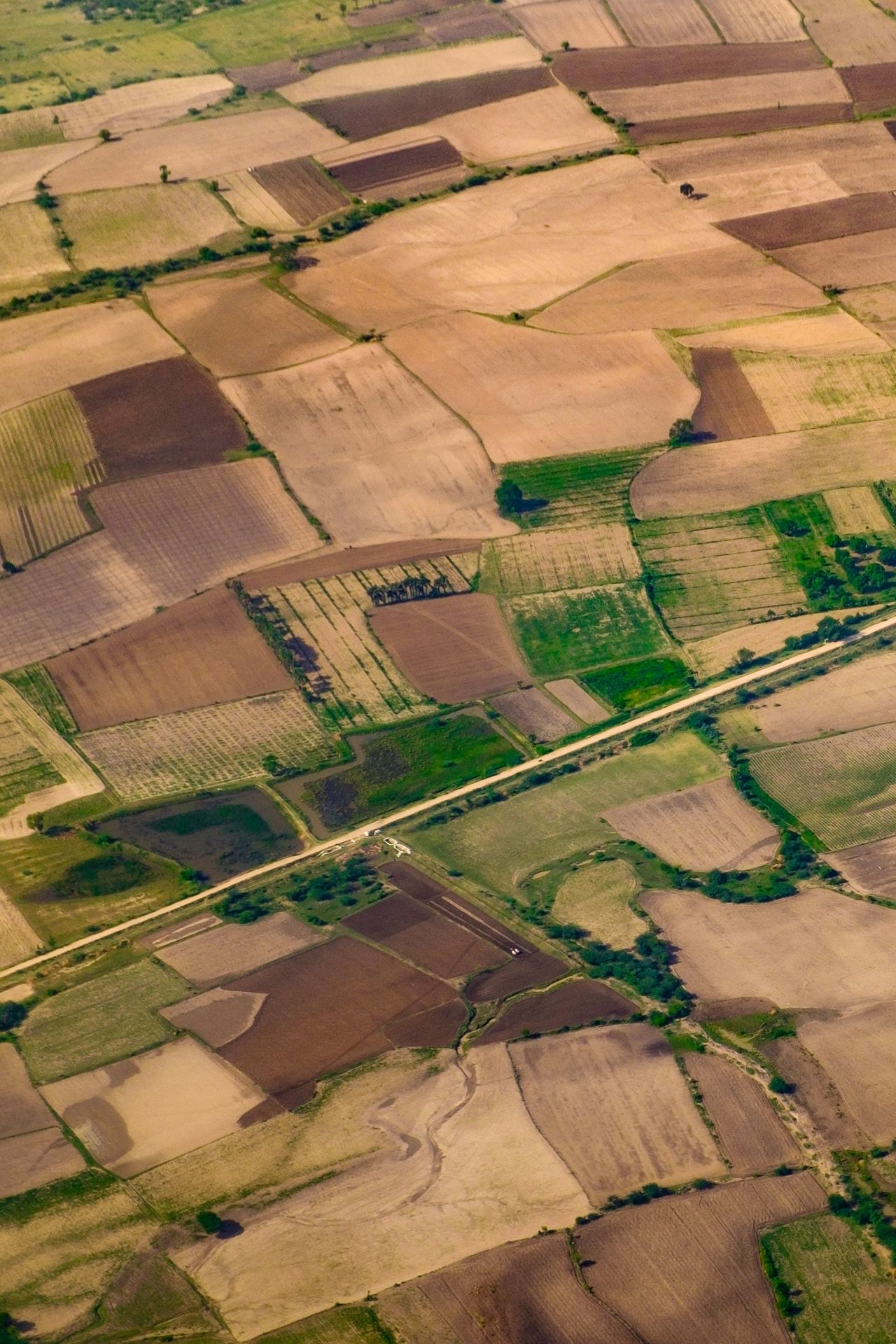
Environment and Agrifood
For more than 50 years, we have contributed to enhancing natural capital and ensuring that global food systems are more resilient for the future.
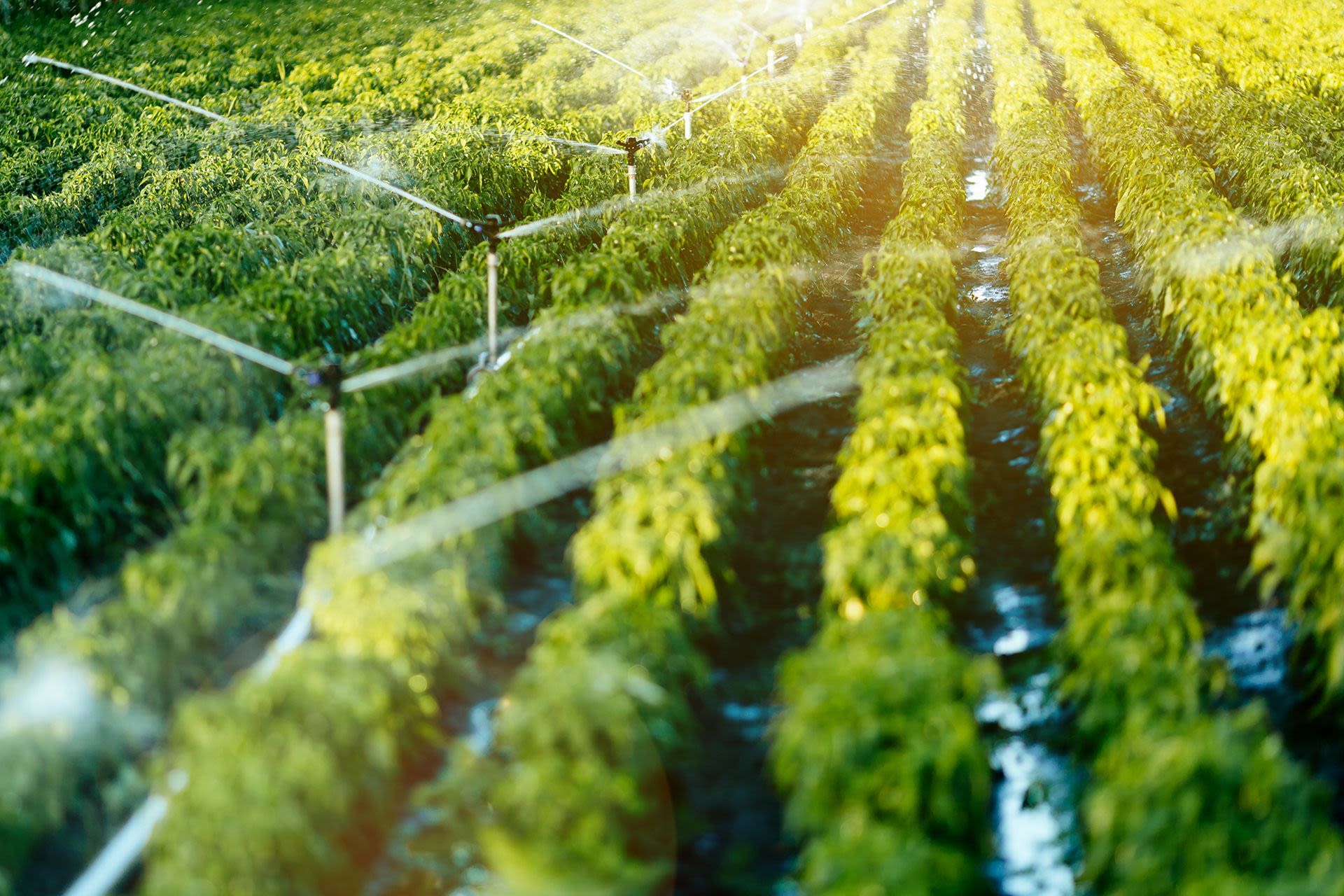
Cookies & Privacy
We use cookies when you visit this website to analyse the web traffic, to optimise the performance and content of the website and to promote trust and security. Cookies are small text files that are stored by your Internet browser on your computer. These cookies do not include any personal information, they are only used for the duration of your web session to improve your experience. Please visit our Privacy policy (link below) for data processing details.
